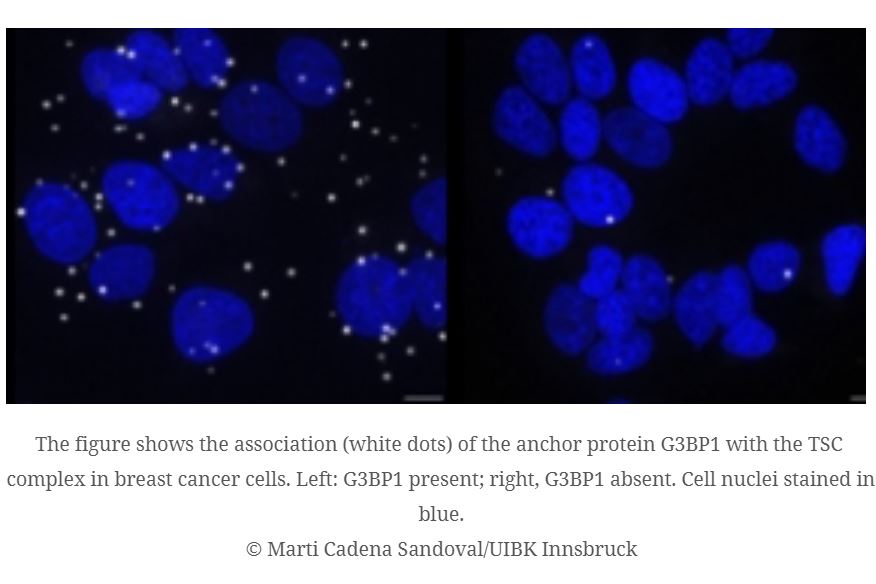
One specific protein may be a master regulator for changing how cancer cells consume nutrients from their environments, preventing cell death and increasing the likelihood the cancer could spread, a study from the University of Notre Dame has shown.
The study, published in Cell Reports, was completed in the laboratory of Zachary Schafer, the Coleman Foundation Associate Professor of Cancer Biology in the Department of Biological Sciences.
Schafer and collaborators found a protein called SGK1, known to be activated in a variety of cancer cell types, signals the cell to take up nutrients...
Read More








Recent Comments